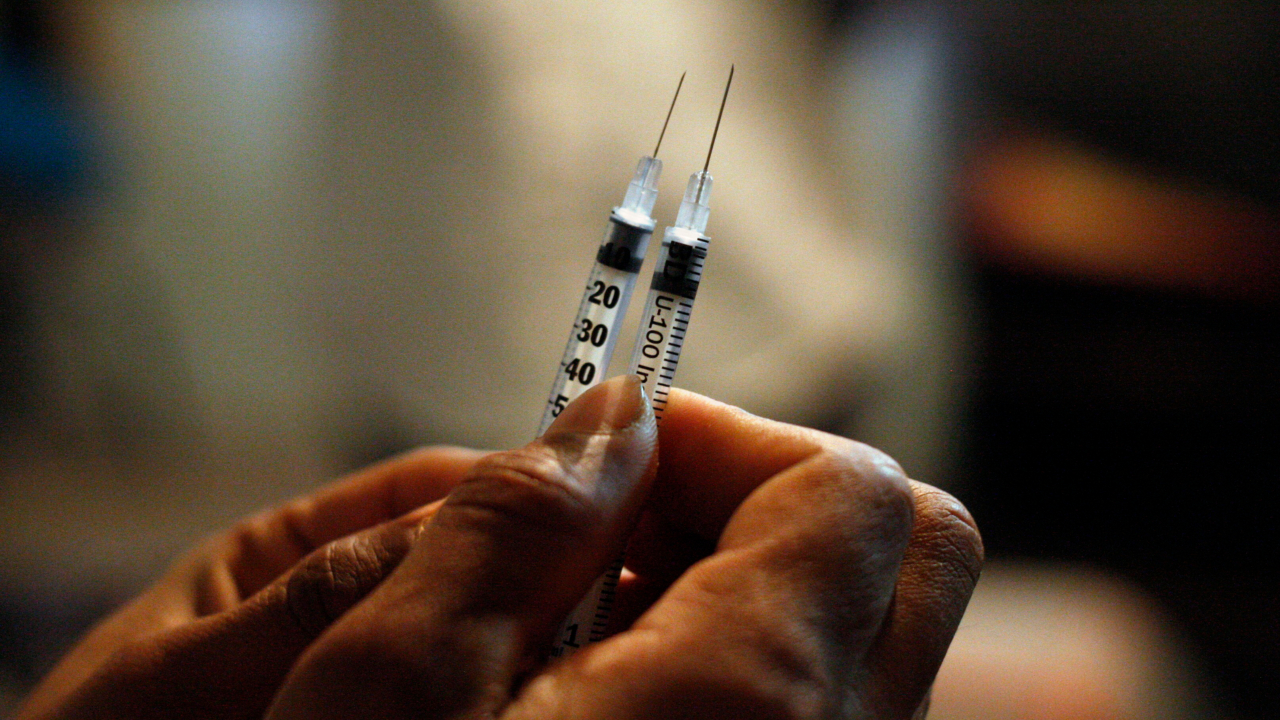Participating in a bold experiment, twenty patients in desperate need of a kidney transplant received organs infected with
**hepatitis C** . The gamble paid off, and their new organs are working fine after medication to get rid of the virus, researchers reported on 6 August. While it was a small study size, researchers say it’s results suggest that organs currently going to waste just might help speed transplants for patients who wait years to get one. The significance “When there’s such a bad organ shortage, we can’t just do business as usual,” said Dr Peter Reese, a University of Pennsylvania kidney specialist who led the study. “We need to shake off that these organs aren’t valuable and that people will not want them.” Hepatitis C is an infection that can quietly destroy someone’s liver if untreated. Transplanting other organs from patients with the virus can infect the recipients. But with powerful new drugs now available that promise to cure them, Reese’s team decided to test if it’s safe to transplant infected kidneys to people who don’t already have the virus —but who might not survive the wait for a healthy organ. Twelve weeks of hepatitis treatment cleared the virus in all twenty patients tested so far. Compared to patients who received uninfected organs, their new kidneys work just as well, even a year after the procedure.
**Merck & Co** . helped fund the research and provided the pills in the study, the results of which were
published in the journal Annals of Internal Medicine. [caption id=“attachment_4911481” align=“alignnone” width=“1280”] Representational Image. Reuters[/caption] A case in point Kiran Shelat, a 65-year-old civil engineer from Yardley, Pennsylvania, had spent two years on the transplant waiting list before signing up for the experiment. He now feels energetic, and can work out in the gym and attend family events. So far, there’s no sign of the virus in his bloodstream. “This is a lifesaver,” Shelat said. “Get off the list; get the kidney. There is nothing to be afraid of.” Transplant specialists are keeping a watchful eye. “As long as the patient accepts the risk, I support this,” said Dr Josh Levitsky, a professor of organ transplantation at Northwestern University who is not part of the team. Getting an infected kidney may outweigh the burden of dialysis, which many patients find physically exhausting, said Dr Matthew Cooper, a transplant surgeon at Georgetown University Hospital. “People have to plan their entire lives around dialysis,” said Cooper, who was not part of the research. “It is a rotten lifestyle.” The scope It costs about $88,000 (Rs 60.4 lakh) a year to undergo dialysis, according to the United States Renal Data System. Merck has set a price of $54,600 (Rs 37.5 lakh) for a round of its hepatitis C medication , Zepatier. Most insurance companies still don’t cover the drug for transplant patients, Reese said. The American Society of Transplantation has said larger studies are needed before transplanting infected kidneys is done routinely. In 2016, Johns Hopkins University launched a similar experiment with ten people. All of them are now cured. Researchers in the United Kingdom are already discussing the possibility to use organs with hepatitis C in patients who don’t have the virus.
In 2016, Johns Hopkins University launched a similar study with 10 people, all of who are now cured.
Advertisement
End of Article


)
)
)
)
)
)
)
)
)



